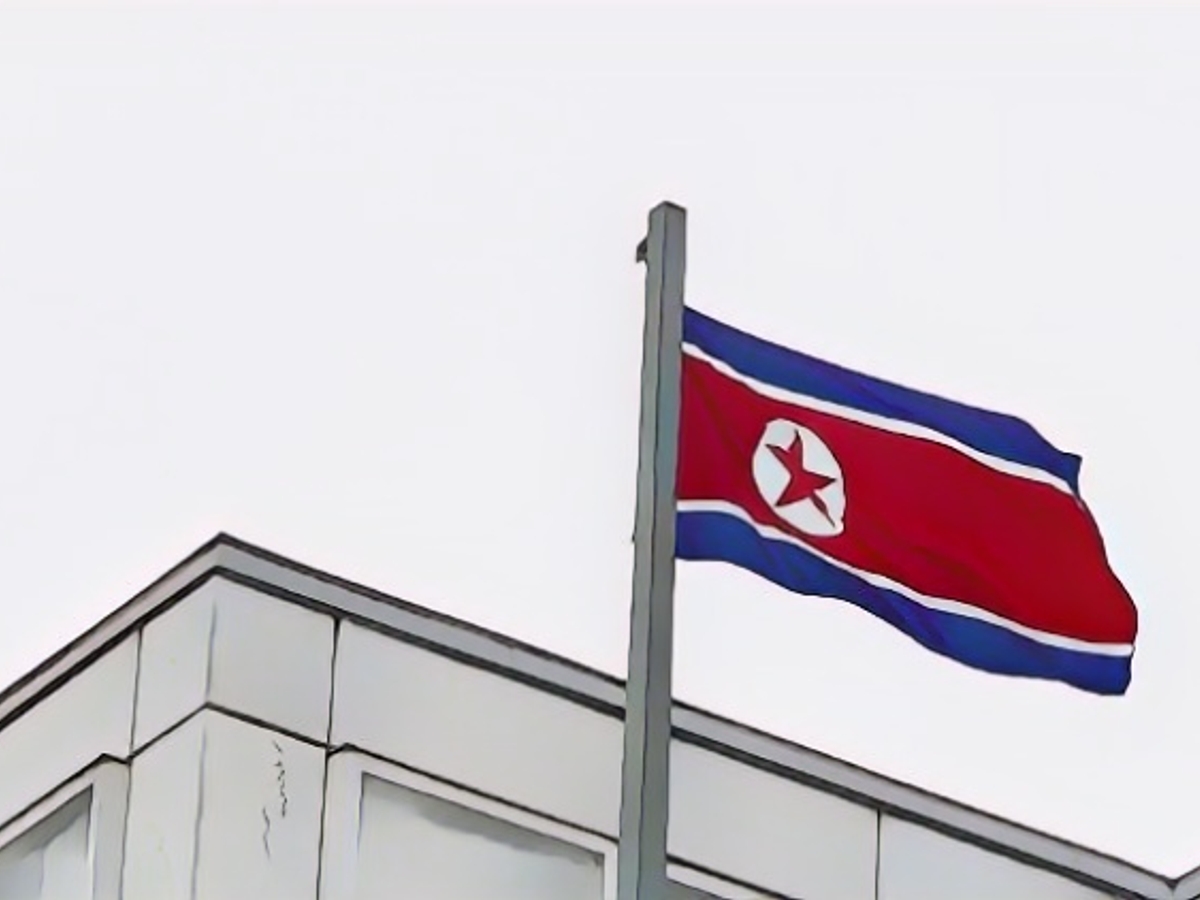North Korea closes several embassies
Observers in South Korea, on the other hand, see this as a sign of a dramatic economic crisis in the largely sealed-off neighboring state.
The North Korean Foreign Ministry went on to say that the closures were "in line with the changes in the international environment and the state's foreign policy". In addition, not only embassies would be closed, but diplomatic missions would also be reopened in other countries. Similar measures had already been taken in the past. Pyongyang did not provide details of the embassies now affected.
The South Korean government sees the closures as a sign of massive economic problems in the neighboring country. The increased international sanctions against North Korea have interrupted the inflow of foreign currency, according to the Unification Ministry in Seoul. The closures pointed to North Korea's "desolate economic situation", in which it was difficult to maintain even "minimal diplomatic relations with traditional allies".
According to the Unification Ministry in Seoul, North Korea maintains diplomatic relations with more than 150 countries. The number of foreign missions has declined since the 1990s due to financial difficulties. According to experts, North Korea closed representations on a similar scale to the last time it did so in the 1990s. Back then, the country was hit by a famine in which hundreds of thousands of people died - estimates are in the millions.
The closure of North Korean embassies in Seoul and other countries is a concern, as it might reflect North Korea's economic crisis. This crisis could be exacerbated by the lack of foreign currency due to international sanctions, leading to the difficult maintenance of diplomatic relations.
Source: www.ntv.de








